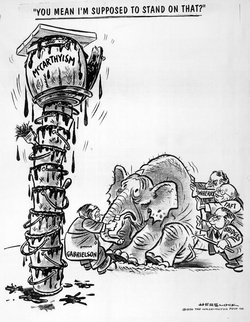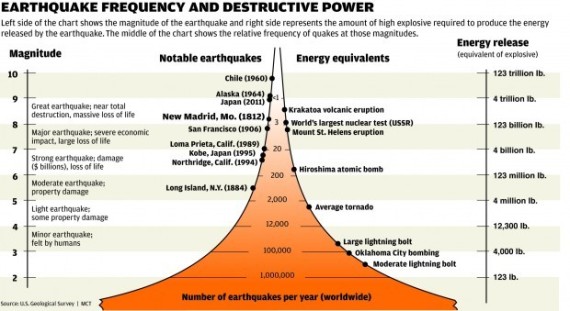I. Why does the “youth culture” transform into the “counterculture?”
A. Kennedy- symbol of youth
1. clarion call—“ask not…”
B. What role do southern Democrats in Congress play?
C. Civil Rights
1. Freedom Riders
2. FBI response
3. Voter Education Project
4. Ole Miss tries to bar the door…
5. “Bombingham,” Bull Conner, and segregation
6. “I Have a Dream…”
D. Kennedy—the death of a dream?
E. Freedom Summer and Mississippi Burning….
1. 24th Amendment
2. Miss. Freedom Democratic Party
3. March on Selma
4. Voting Rights Act 1965
F. Black Power
1. from MLK to Medgar to Malcolm—how is the second wave different? (What do these three all have in common?)
2. Black Panthers
3. Riots
4. Difference between northern and southern blacks’ concerns
G. Resistance to Vietnam
1. “Children’s Crusade” in ’68
2. “Trust no one over…”
3. Free Speech Movement
4. SDS
H. S–, D—-, and R— and R—
II. Kennedy versus the Commies
A. Khrushchev’s attitude
B. Berlin Wall
C. Common Market and “Atlantic Community”
1. What IS it with the French?
2. “Brushfire wars”—where and why?
D. ‘Nam an “flexible response”
1. How did we get into Vietnam?
2. WHY?
E. What was the purpose of the Alliance for Progress?
F. Bay of Pigs and Missiles in “Cuber?”
G. In the end, how do we assess Kennedy?
1. Foreign policy
2. Domestic policy
III. Johnson Takes Over, Surprises (and Dismays) Many
A. CRA of 1964
B. EEOC
1. What is affirmative action?
C. “War on Poverty” and the “Great Society”
1. What were the main programs?
2. Entitlement” and other effects
D. Criticism of Johnson by the GOP in 1964
1. Barry Goldwater—In Your Guts…
(EXTRA CREDIT: LOOK UP THE “DAISY” COMMERCIAL ON THE ‘NET AND EXPLAIN THE SYMBOLISM IN IT!!! DO THIS ON A SEPARATE SHEET DUE MONDAY)
E. How does Vietnam eventually bring LBJ low?
F. In the end, how do we assess Johnson?
1. Foreign policy
2. Domestic policy
IV. Vietnam
1. Escalation
2. Tonkin Gulf
3. Rolling Thunder
4. Hawks, Doves, and Dominoes
1. McNamara
2. Eugene McCarthy and J. William Fulbright
5. Draft Dodgers
6. How do you “save” Vietnam by destroying it?
V. Nixon? During the Counterculture? Why?


You must be logged in to post a comment.